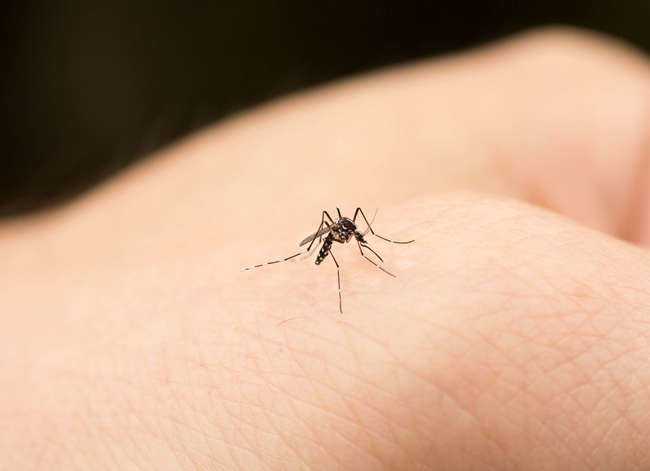We may earn revenue from the products available on this page and participate in affiliate programs. Learn More ›
Green Tea
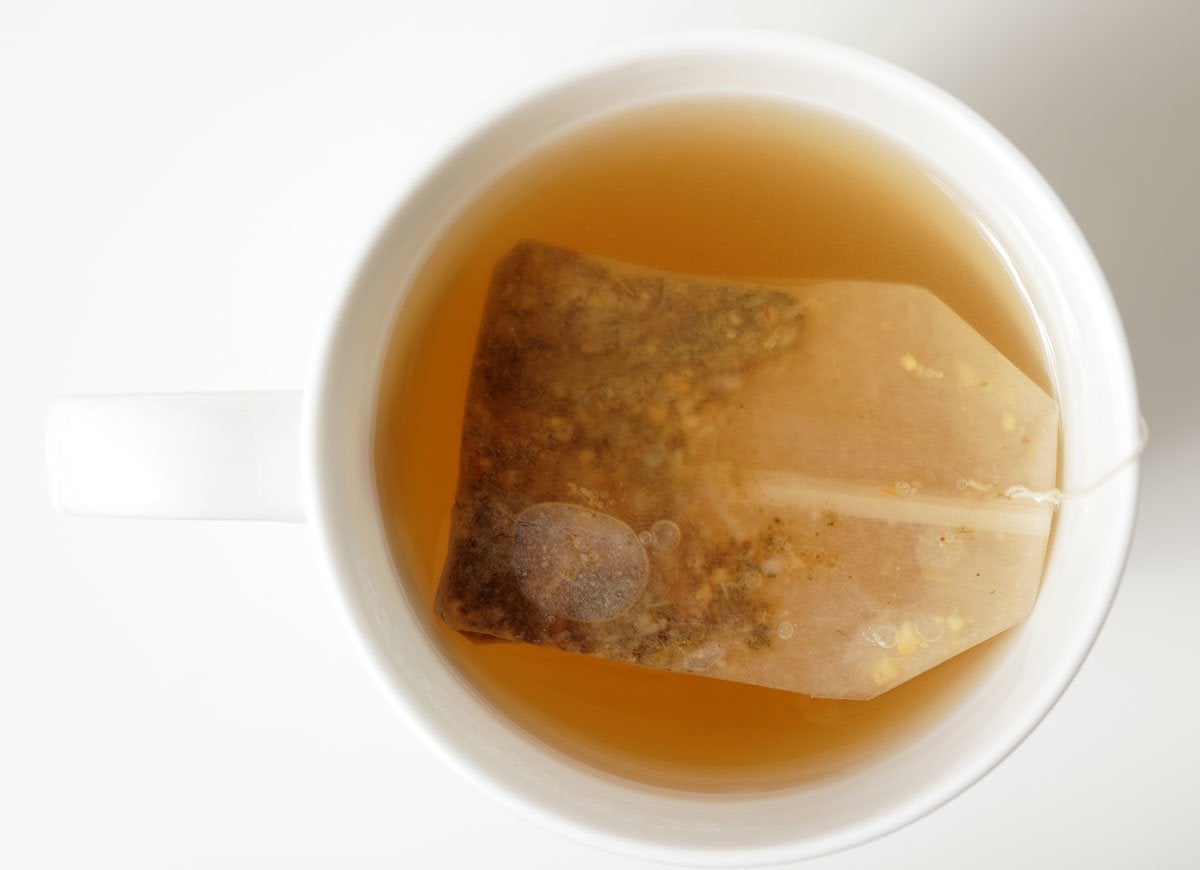
Yet more good news for green tea drinkers! Your daily cup of tea could help you stay itch-free. Keep a spent tea bag in a small plastic bag in your fridge, and use it as a compress immediately after a bug bite. The compounds in the tea will reduce inflammation, while the cold will help soothe the itch.
Ice

Combat a bad bug bite or sting by applying an ice pack to the spot for 15 to 20 minutes every hour for the first 6 hours to help relieve pain, itching, and swelling. Always put a cloth between your skin and the ice pack to prevent irritating the skin any further. In between icing, put a cool, wet cloth on the skin for sweet relief.
Oatmeal
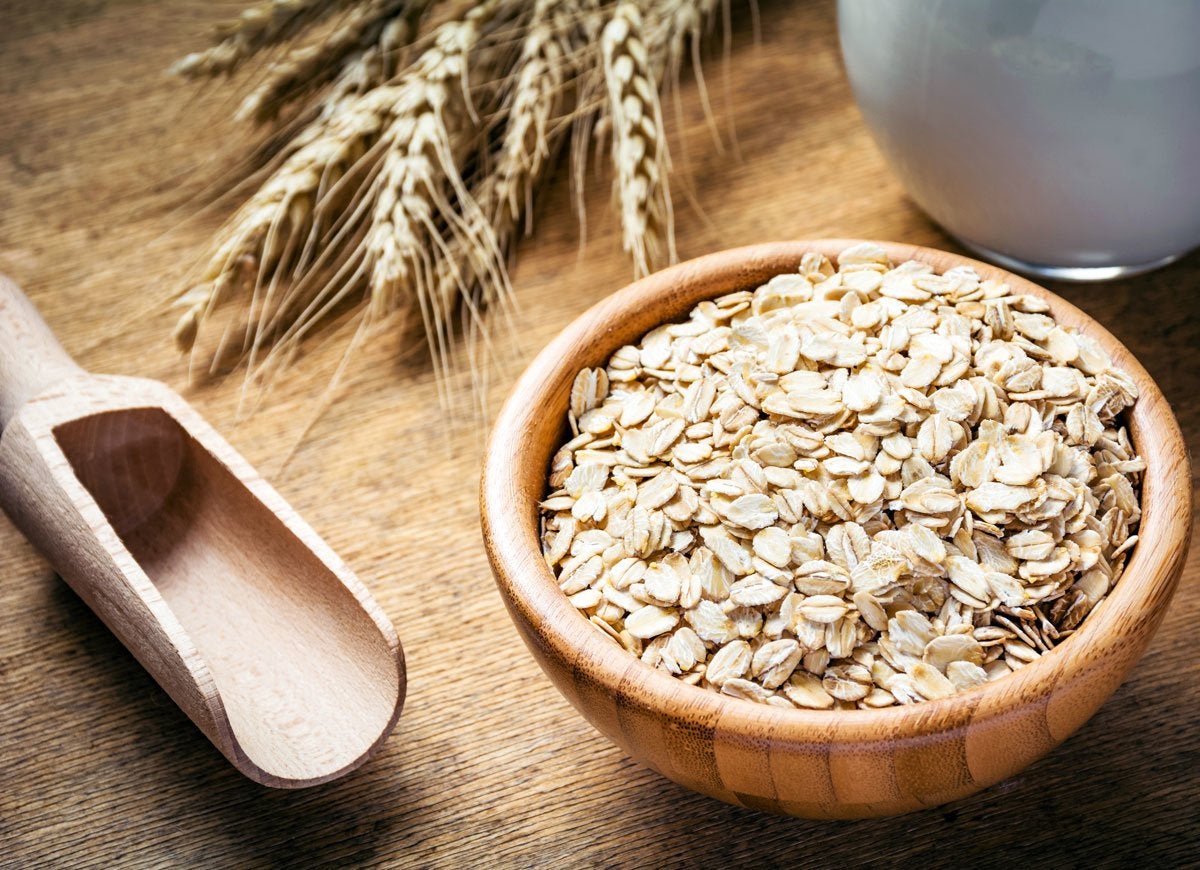
An oatmeal bath is a surefire remedy for itchy or inflamed skin. Particularly if you’ve received a number of bites, a soak in the tub could be the best solution. Put a cup of oats in a blender, food processor, or coffee grinder, and pulse until ground into a fine powder. Pour the powder into running, warm bath water, evenly distributing the oatmeal throughout the water. Then, take a dip—about 15 to 20 minutes will do—to lock moisture into the skin and alleviate itching.
Toothpaste
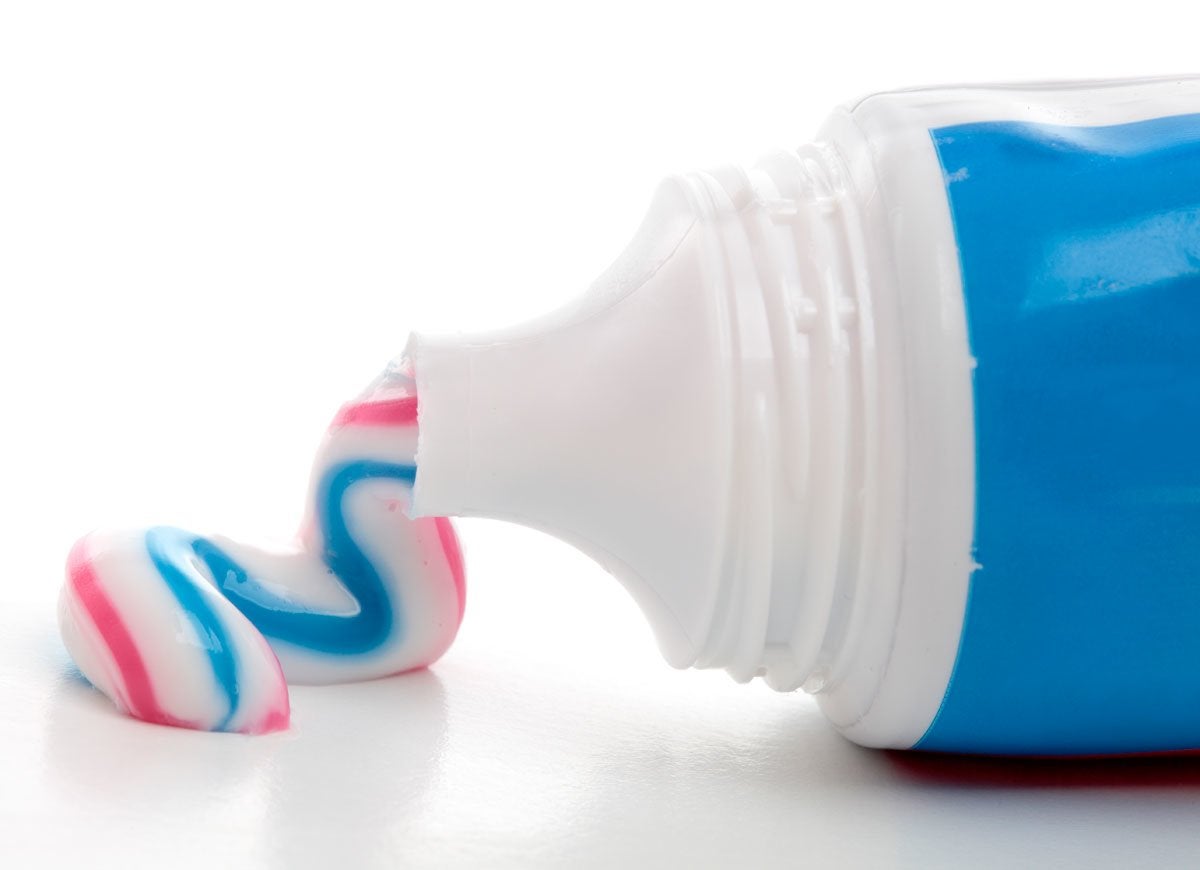
Who knew that toothpaste doubles as a salve for itchy bug bites? The secret to its minty magic is menthol, which is found in many toothpastes. This compound, a natural analgesic, will relieve the pain. Plus, menthol has anti-inflammatory properties that reduce swelling while it provides a cooling sensation to the skin.
Aloe Vera
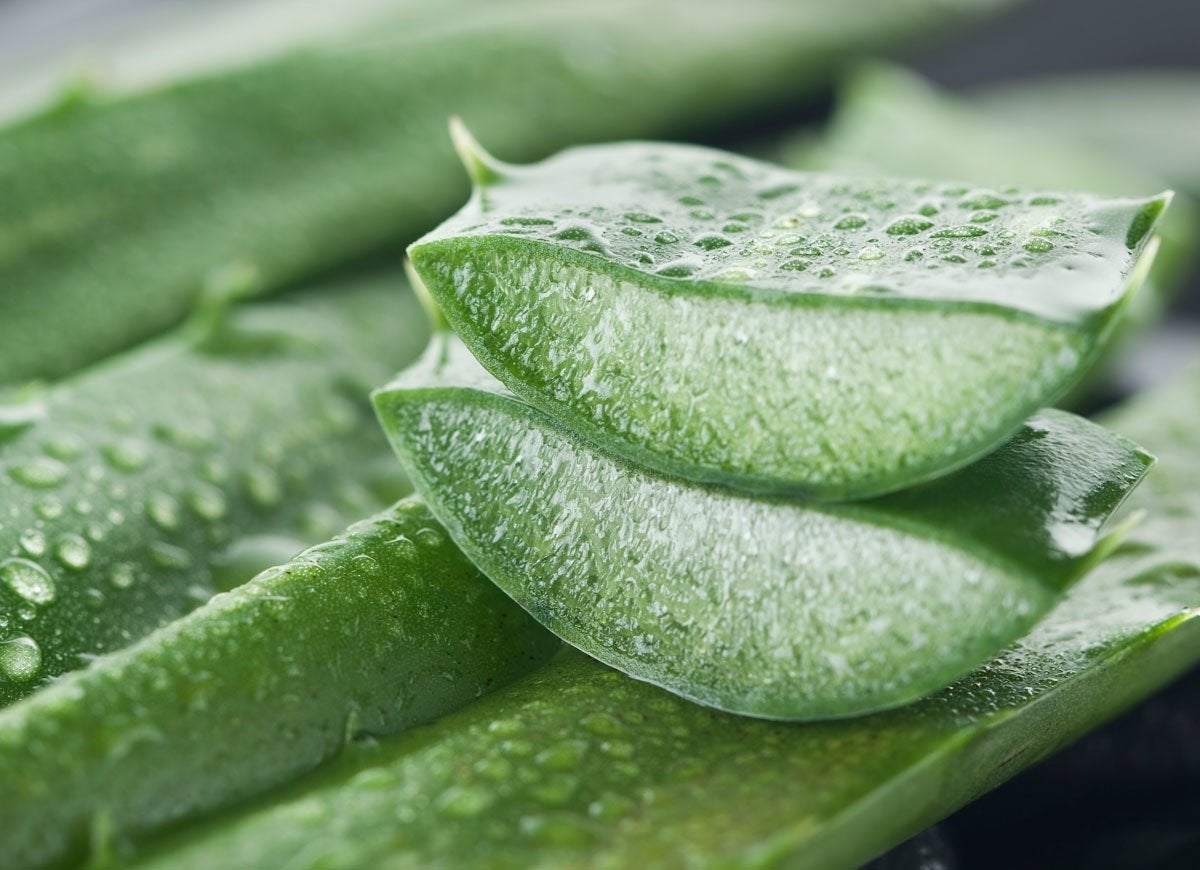
There are plenty of reasons to keep aloe vera around as a houseplant. Not only is this succulent attractive and easy to care for, but it also possesses anti-inflammatory properties that help relieve the discomfort of bug bites and stings. Break off a leaf and rub the juicy flesh on the itchy spot for immediate comfort.
Baking Soda
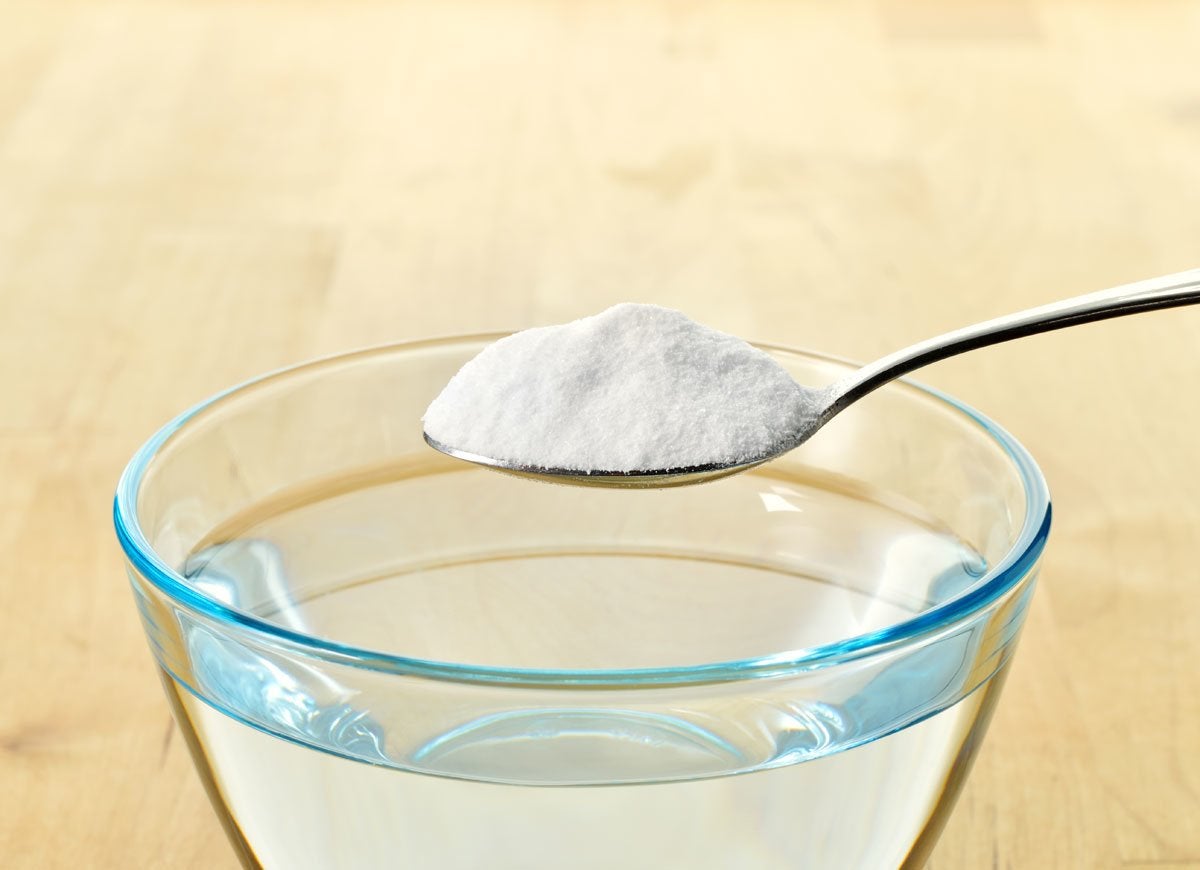
A paste of baking soda and water applied to the site of a bite can neutralize the itch and ease discomfort. First, mix up some baking soda and water in a 2:1 ratio, then thoroughly wash the affected area and apply the paste to the bite.
Rubbing Alcohol
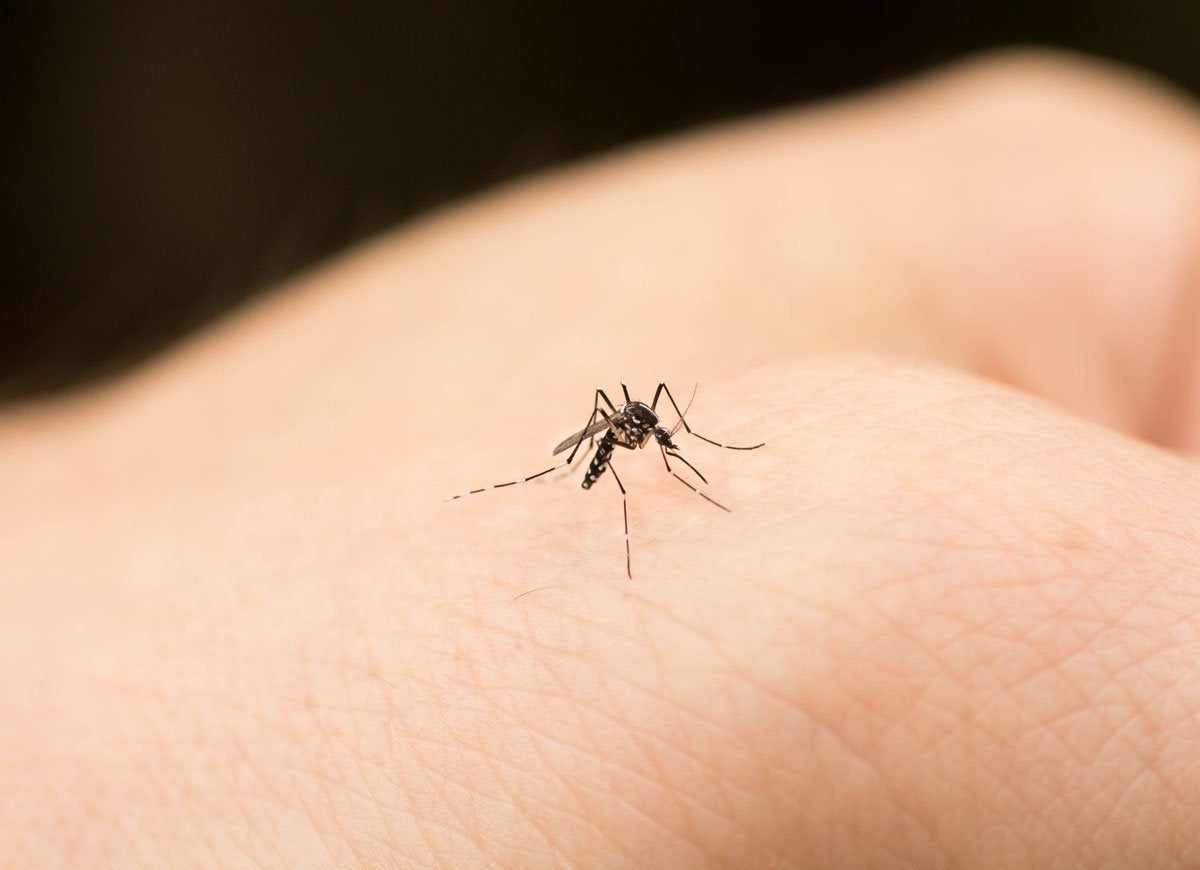
Regardless of the type of bug bite you’ve received, it’s a good practice to wash it and swab the sore with rubbing alcohol. The alcohol will not only cool the skin and provide some relief, but it will also help prevent infection.
Related: 10 Tiny Bugs in Your House and How to Get Rid of Them
Elevation
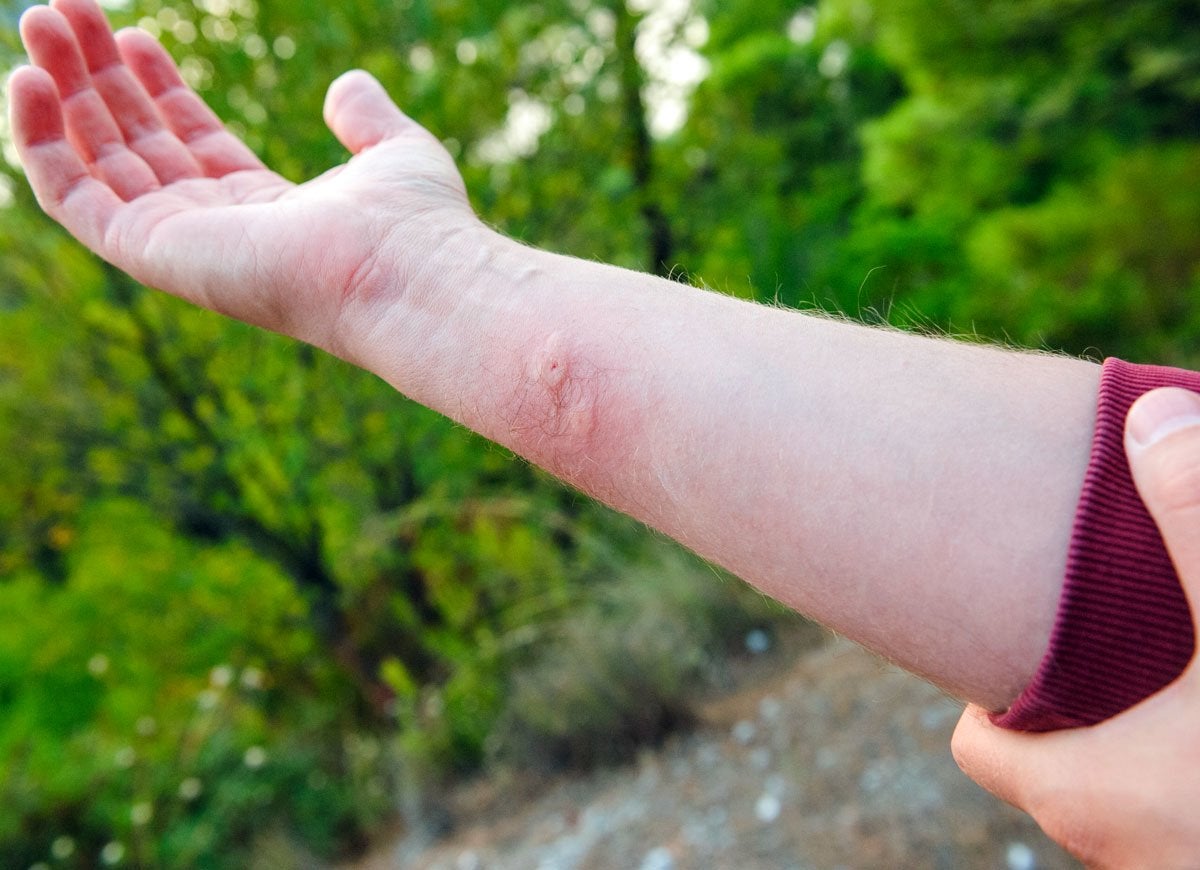
If you’re in the wild without access to any of the aforementioned home remedies, you still have one more trick up your sleeve: Elevate the area that’s sustained a bug bite or sting. This tactic will help decrease the swelling, and as a result may provide some relief from inflammatory discomfort.
Say Goodbye to That Itch!
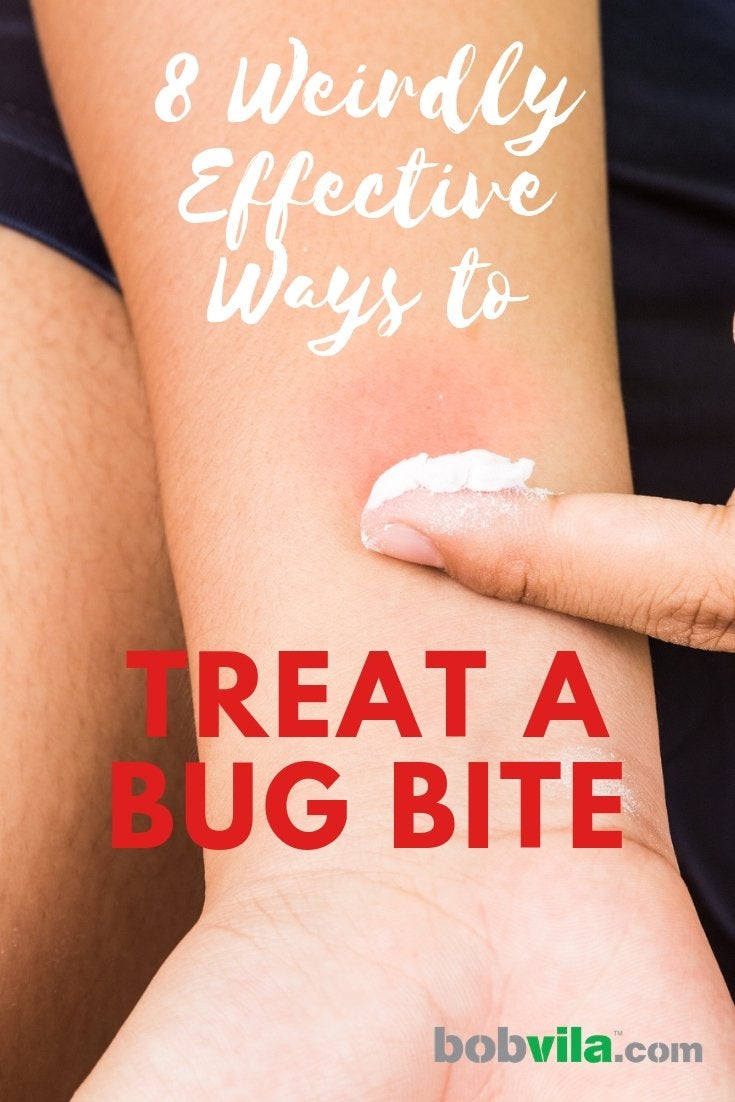
Don’t scratch or itch! Employ one of these remedies to soothe the bite.

Save Energy While Staying Cozy
Today’s energy-efficient space heaters warm individual rooms, so users needn’t heat unoccupied areas of the house. We tested the most popular space heaters on the market to find out which ones performed the best.
